AIARE 2 Avalanche Course | Snoqualmie Pass, WA | $550
Cost: $550.00 per person
Commitment: 5 hours of self-directed study, (1) Evening Online Class & (2) 8-Hour Field Days
Why take this course?
This class is for aspiring trip leaders seeking more advanced tools to make sound decisions in terrain were avalanche problems exists. We will mentor ways to avoid selected terrain for safer to travel, and when it may be more reasonable to venture into bigger terrain. The Mountain Bureau LLC has a network of instructors that are former ski patrollers, active Pro Observers for NWAC, certified ski guides, and professional climbers and skiers that excited to show you the ropes.
overview
This course is part of a 3-part series of “Decision Making in Avalanche Terrain”. The AIARE 2 is a course that provides backcountry travelers an opportunity to advance their decision making skills in more complicated situations such as being a leader within a small travel group, traveling in more complicated terrain, and/or developing a travel plan where resources are scarce.
The AIARE 2 builds on the introductory avalanche hazard management model introduced in the AIARE 1 and adds to it the evaluation of critical hazard assessment factors. Students will describe and discuss weather, snowpack and avalanche processes, and identify how these processes relate to observations and travel within avalanche terrain.
Who Should Take this Course
Those that have taken AIARE 1 & Avalanche Rescue and have had at least a year of backcountry travel experience looking to go deeper into your knowledge of the snowpack, avalanche conditions, and trip planning.
Details
Location: Snoqualmie Pass, Washington
Ratio: 6:1 student to instructor
Length: 5 hours of self-directed study, (1) Evening Online Class & (2) 8-Hour Field Days
Cost: $550.00 per person
Dates: Session #1: Feb. 5-9, 2025 (Wed Evening Online Class, Sat/Sun Field Sessions)
“The field experience was well designed and implemented to be effective. They have a lot of relevant experience to draw on, as well as solid technical understanding” -Robert R.
Topics covered
Observation and recording of factors that affect or indicate snow stability
Observation guidelines for weather, snowpack, and avalanches
Propagation tests, test profiles
Introduce stability analysis and forecasting
Avalanche terrain recognition, slab mechanics and skier triggering concepts
Complex Terrain travel techniques, route selection and decision making
Learning objectives
To be able to differentiate where specific avalanche hazards exist within the landscape
Identify avalanche terrain where consequences may be more severe.
Use and interpret weather, snow, and avalanche observations to locate appropriate terrain prior to entering and while in the field.
Demonstrate leadership skills within a small team that include facilitating small group discussion, promoting appropriate terrain selection, and utilizing simple risk management strategies.
Implement a basic forecasting framework that can be used in conjunction with and in the absences of local supporting avalanche information.
Itinerary
Online Class Sessions (Pre-Course Learning)
After you register for the course, you will receive an invitation to join the online learning portion of the course. Here you will find modules that you will work through at your own pace with checks for understanding along the way.
Webinar Session
Day 1- Webinar 6:00pm-9:00pm We will begin promptly at 6 pm with introductions and course goals. We will spend this time reviewing the material covered in the online learning component, as well as checking for understanding of this material. We have found this blended learning style offers students a significantly deeper understanding of the course material compared to a traditional course. We will review and refocus the tools to staying alive in avalanche terrain followed by learning how to read and digest conditions and gathering data to support our decisions.
Field Session
Field Day #1- will begin at the field venue with a review our plotted trip plans and conditions as a team. We will then target aspects in the conditions we have low confidence and make efforts to collect field observations to then synthesize those observations. This day is setting the stage for using snow studies of the mountain snowpack and translate into thoughtful travel techniques and decision making.
Field Day #2- We will leave early and head out for a full day of backcountry touring. We will apply the observations from the days prior and add that into the route planning and decision making while targeting the observations of new days conditions or that still remain obscure to assist our understanding of the snowpack on multiple aspects and elevations.
By the end of the course we will have practiced a methodical process of collection the necessary information to plan a tour for those aspiring to become trip leaders.
Includes
Student handbook
Field notebook
Evening lectures and field instruction, taught by AIARE certified instructors
Excludes
Transportation to and from the meeting location
Lunches and snacks
Personal clothing
Transceivers, shovels, probes
Touring equipment
PREREQUISITE EXPERIENCE OR SKILLS
Participants must have the ability to travel in avalanche terrain.
An AIARE 1 Course (strongly recommended) or equivalent Level 1 training is required.
A winter of practical experience after the Level 1 course is highly recommended before taking the AIARE 2 course.
AIARE or AAA approved one-day Avalanche Rescue Course.
Minimum Age
Students 16-17 years old, with consent from a parent or guardian and prior approval by The Mountain Bureau (please call or email prior to enrolling)
Activity Resources
All scheduled programs can also be booked with custom dates and itineraries. Please see our Custom Guiding pages for more information or Contact Us for a custom program.
All programs are subject to the Mountain Bureau LLC Terms & Conditions


